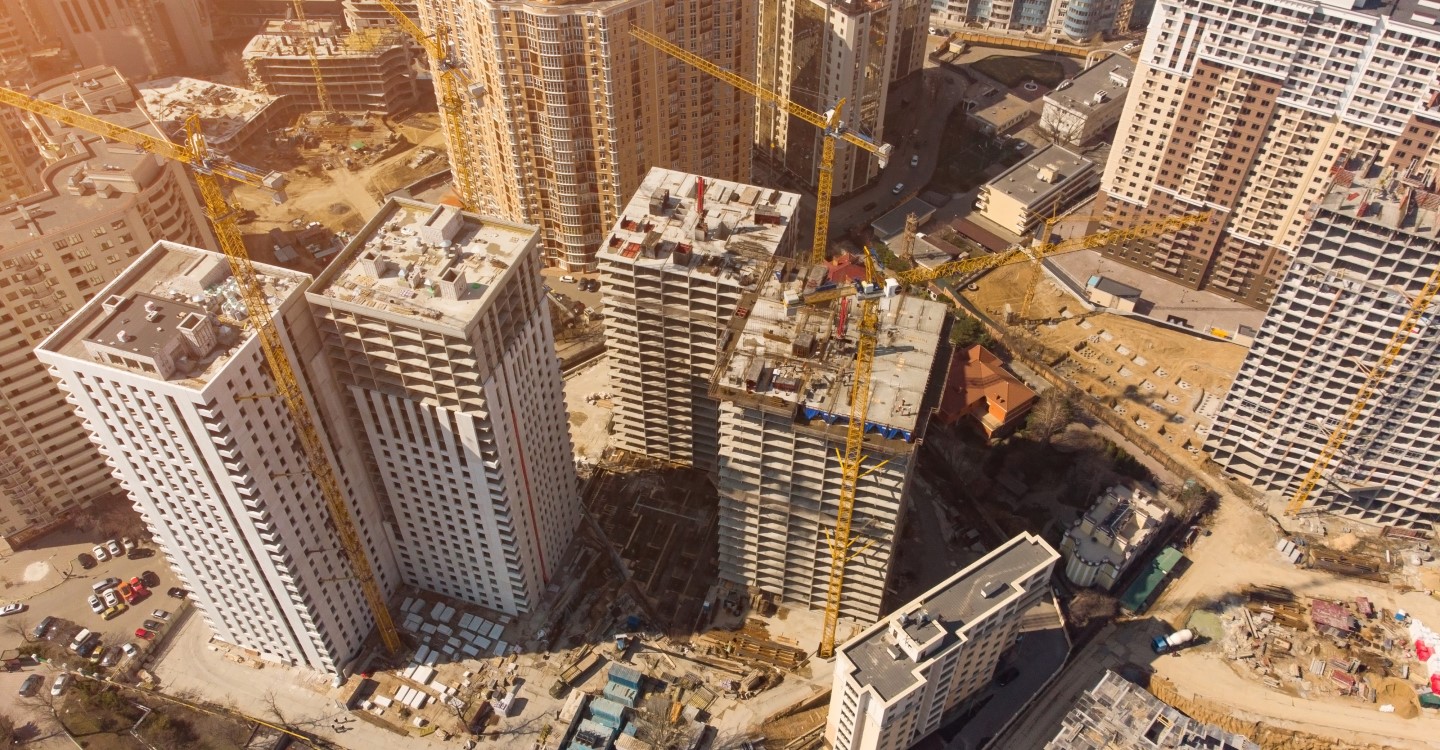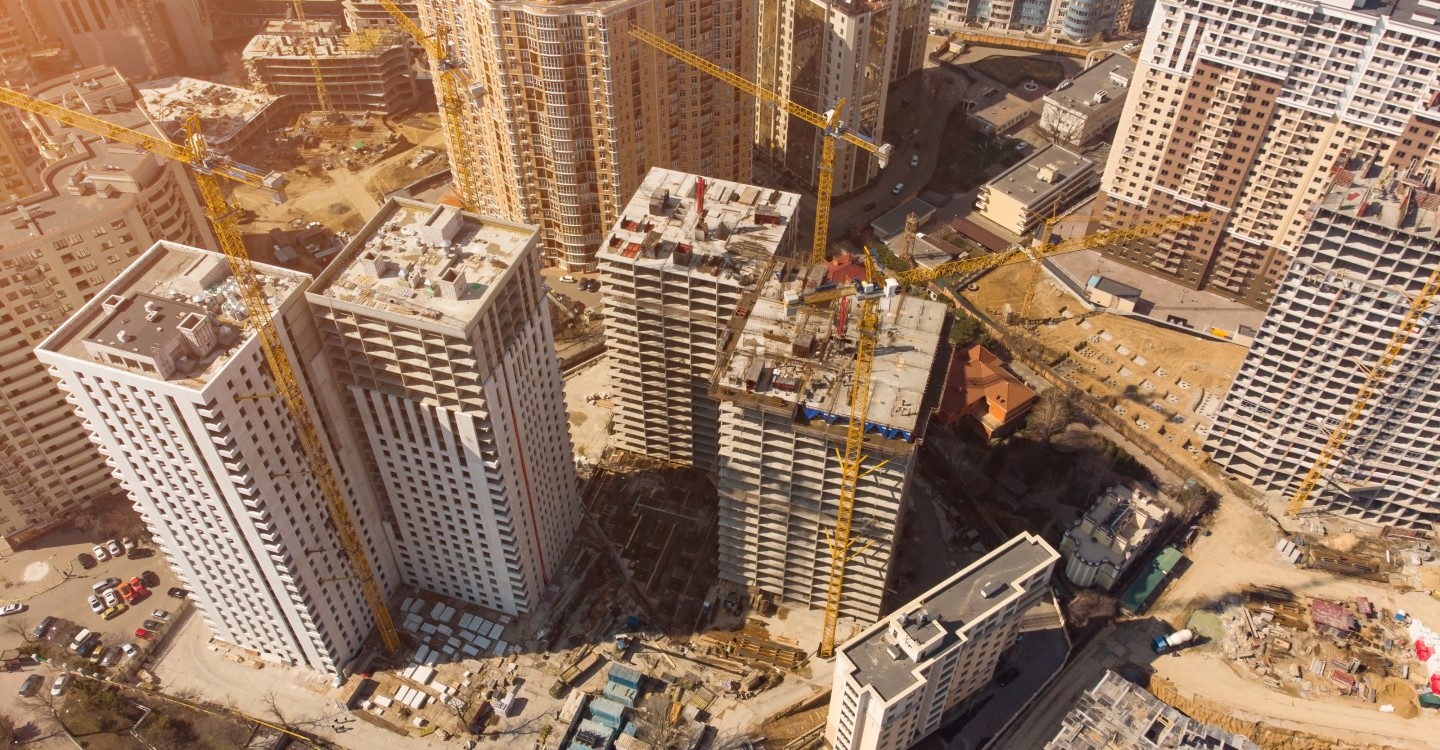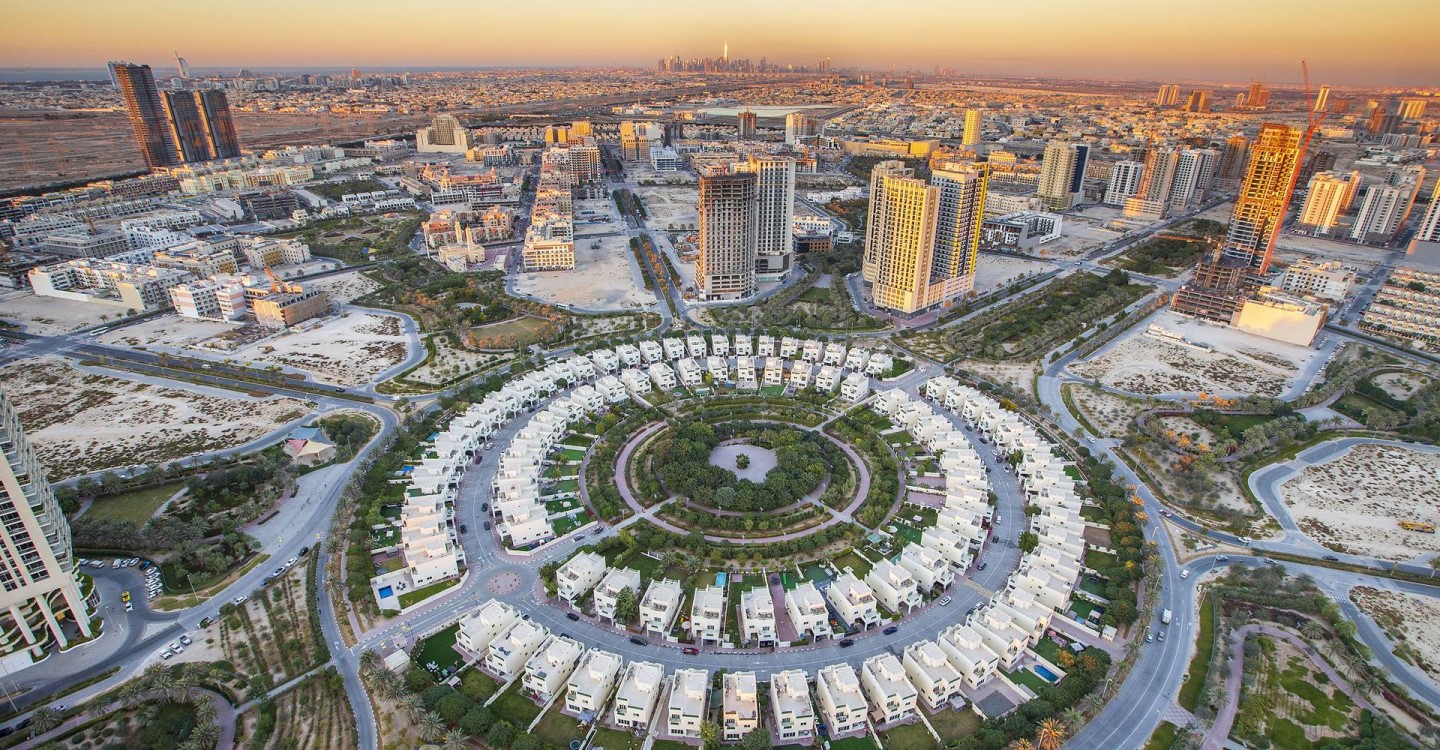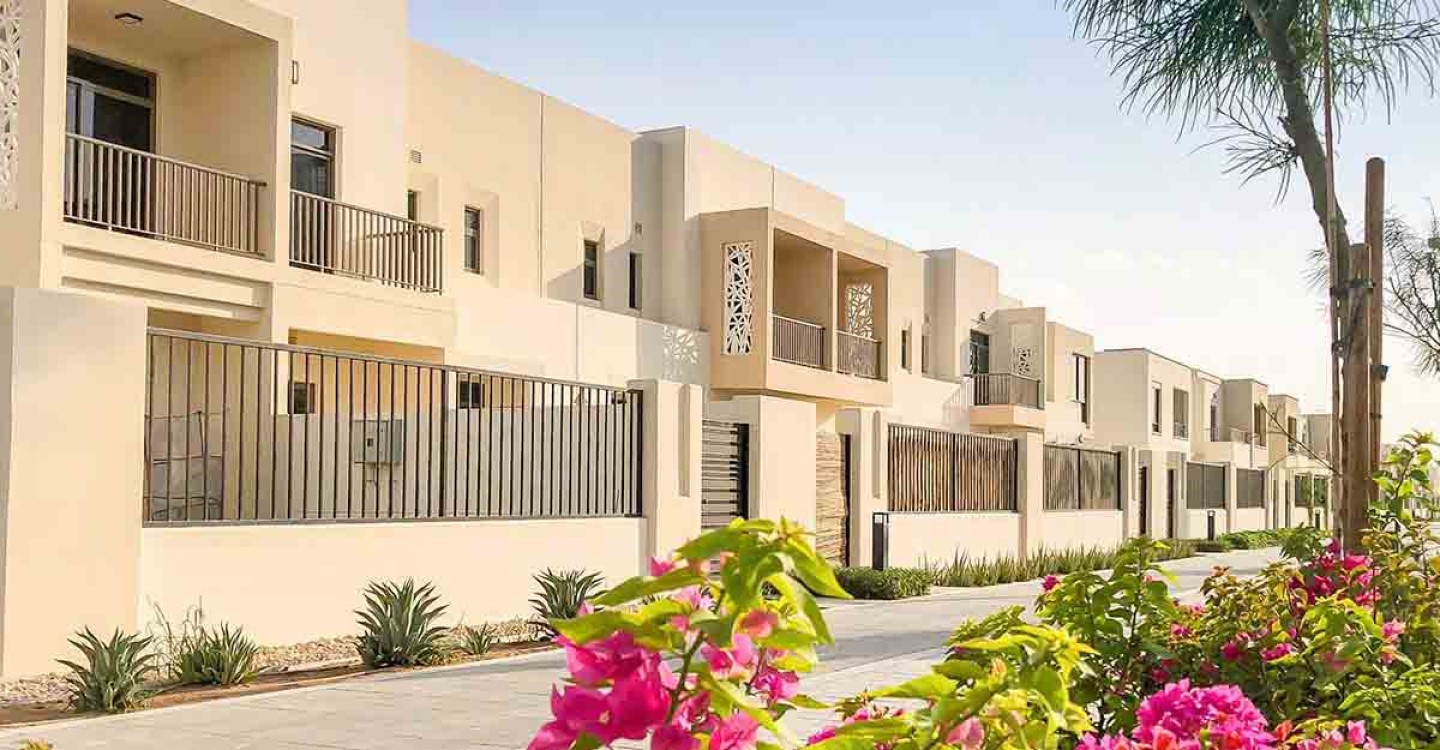In the competitive landscape of real estate, where properties are constantly being developed and marketed, tenant retention emerges as a critical factor in maintaining profitability and ensuring long-term success. Property management plays an indispensable role in this aspect, serving as the backbone that supports both the physical property and the tenant experience. Effective property management not only safeguards the investment of property owners but also fosters a positive living environment that encourages tenants to stay longer, reducing vacancy rates and enhancing the overall value of the property.
Tenant retention is not just about keeping tenants in place for longer periods; it is about creating an environment where tenants feel valued, their needs are met, and they experience a high quality of life. In this context, property management extends beyond the basic maintenance and upkeep of the property. It encompasses a comprehensive approach that includes communication, responsiveness, proactive maintenance, and an understanding of tenant needs and expectations. This article delves into the multifaceted importance of property management in tenant retention, highlighting the key areas where property managers can make a significant impact.
The Economic Impact of Tenant Retention
One of the primary reasons why tenant retention is crucial is its direct impact on the financial health of a property. High tenant turnover can be costly, leading to expenses related to marketing, repairs, and the loss of rental income during vacancy periods. On the other hand, retaining tenants reduces these costs and ensures a steady stream of income for property owners.
1. Cost Savings on Turnover
Tenant turnover can be expensive. Each time a tenant vacates a property, there are costs associated with preparing the unit for a new tenant. These costs include cleaning, painting, repairs, and sometimes even significant renovations if the previous tenant caused damage or if the property needs updating to meet market expectations. Additionally, there are marketing costs to advertise the vacancy and administrative costs to process new leases. By retaining tenants, property managers can significantly reduce these expenses, leading to higher net operating income (NOI) for property owners.
2. Steady Cash Flow
Consistent rental income is the lifeblood of any rental property investment. When tenants renew their leases, property owners can count on a stable cash flow, which is essential for meeting financial obligations such as mortgage payments, taxes, and maintenance costs. A well-managed property that encourages tenant retention ensures that these financial obligations are met without the disruption caused by vacancies.
3. Long-Term Property Value
Properties with low vacancy rates and long-term tenants often have a higher overall value. This is because a stable tenant base reflects well on the property’s reputation, making it more attractive to potential buyers or investors. Additionally, consistent occupancy helps maintain the property’s condition, as long-term tenants are more likely to take care of their living space, further preserving the property’s value over time.
Enhancing Tenant Satisfaction through Effective Property Management
The role of property management in tenant retention goes beyond financial considerations. It is also about creating a positive living experience for tenants. Happy tenants are more likely to renew their leases, recommend the property to others, and contribute to a sense of community within the property.
1. Proactive Maintenance and Repairs
One of the most significant factors influencing tenant satisfaction is the condition of the property. Tenants expect their homes to be well-maintained, safe, and comfortable. A proactive approach to maintenance, where issues are addressed before they become significant problems, is crucial in ensuring tenant satisfaction. Property managers should conduct regular inspections, perform preventative maintenance, and promptly respond to repair requests. This not only enhances the tenant’s living experience but also prevents minor issues from escalating into costly repairs.
2. Responsive Communication
Clear and timely communication is a cornerstone of effective property management. Tenants need to feel that their concerns are heard and that their property managers are accessible. Whether it’s addressing maintenance requests, providing updates on property improvements, or simply being available to answer questions, responsive communication builds trust and fosters a positive relationship between tenants and property management. This relationship is key to tenant retention, as tenants are more likely to renew their leases when they feel valued and supported.
3. Understanding Tenant Needs and Preferences
Every tenant has unique needs and preferences, and successful property management involves understanding these factors and tailoring services accordingly. This could mean offering flexible lease terms, providing amenities that appeal to the tenant demographic, or even organizing community events that foster a sense of belonging. By being attuned to what tenants want, property managers can create an environment that tenants are reluctant to leave.
4. Building a Sense of Community
For many tenants, their home is more than just a place to live—it’s a community. Property managers can play a vital role in building and nurturing this sense of community by organizing social events, maintaining communal spaces, and encouraging positive interactions among tenants. A strong sense of community can significantly enhance tenant satisfaction and retention, as tenants who feel connected to their neighbors and environment are more likely to stay.
The Role of Technology in Property Management and Tenant Retention
Technology has revolutionized property management, offering new tools and platforms that can enhance tenant satisfaction and retention. From online portals that streamline communication and payments to smart home technology that adds convenience and value, the integration of technology in property management is becoming increasingly important.
1. Online Portals and Mobile Apps
Many property management companies now offer online portals or mobile apps that allow tenants to pay rent, submit maintenance requests, and communicate with property managers at their convenience. This level of accessibility and convenience can greatly enhance the tenant experience, making it easier for tenants to manage their living arrangements and resolve issues quickly.
2. Smart Home Technology
Smart home technology, such as keyless entry, smart thermostats, and security systems, can add significant value to a rental property. Tenants are increasingly looking for homes that offer these modern conveniences, and properties that incorporate smart technology are likely to attract and retain tenants who value these features. Moreover, smart technology can also help property managers monitor and maintain the property more effectively, leading to fewer maintenance issues and a better overall tenant experience.
3. Data-Driven Decision Making
Technology also enables property managers to gather and analyze data on tenant behavior, property performance, and market trends. This data can be used to make informed decisions about property improvements, rental pricing, and marketing strategies, all of which can contribute to higher tenant retention rates. By understanding what drives tenant satisfaction, property managers can take proactive steps to address potential issues before they lead to tenant turnover.
Legal and Regulatory Compliance
Property management also plays a critical role in ensuring that a rental property complies with all relevant laws and regulations. This compliance is essential for protecting both the property owner’s investment and the tenant’s rights.
1. Lease Management
A well-drafted lease agreement is the foundation of a successful landlord-tenant relationship. Property managers are responsible for ensuring that leases are compliant with local laws, clearly outline the rights and responsibilities of both parties, and are updated to reflect any changes in regulations. Proper lease management helps prevent disputes, protects the property owner’s interests, and provides tenants with clear expectations, all of which contribute to tenant retention.
2. Fair Housing and Non-Discrimination
Property managers must be knowledgeable about fair housing laws and ensure that all tenants are treated fairly and without discrimination. Adhering to these laws is not only a legal requirement but also a key factor in maintaining a positive reputation and fostering trust among tenants. Tenants who feel they are treated fairly and respectfully are more likely to remain in the property.
3. Health and Safety Regulations
Ensuring that a property meets all health and safety regulations is a critical aspect of property management. This includes maintaining fire safety systems, ensuring proper sanitation, and addressing any hazards that could pose a risk to tenants. A safe and healthy living environment is essential for tenant satisfaction and retention, as tenants are unlikely to stay in a property where they feel their well-being is compromised.
Conclusion
The importance of property management in tenant retention cannot be overstated. It is the foundation upon which successful, long-term landlord-tenant relationships are built. From ensuring the property is well-maintained and compliant with regulations to fostering a sense of community and enhancing the tenant experience through technology, effective property management is key to keeping tenants satisfied and reducing turnover. For property owners, investing in quality property management is not just a matter of maintaining their property; it is an investment in the longevity and profitability of their real estate assets. By prioritizing tenant retention through proactive and responsive property management, property owners can enjoy the benefits of steady income, reduced costs, and a thriving, stable rental community.









































































































































































































